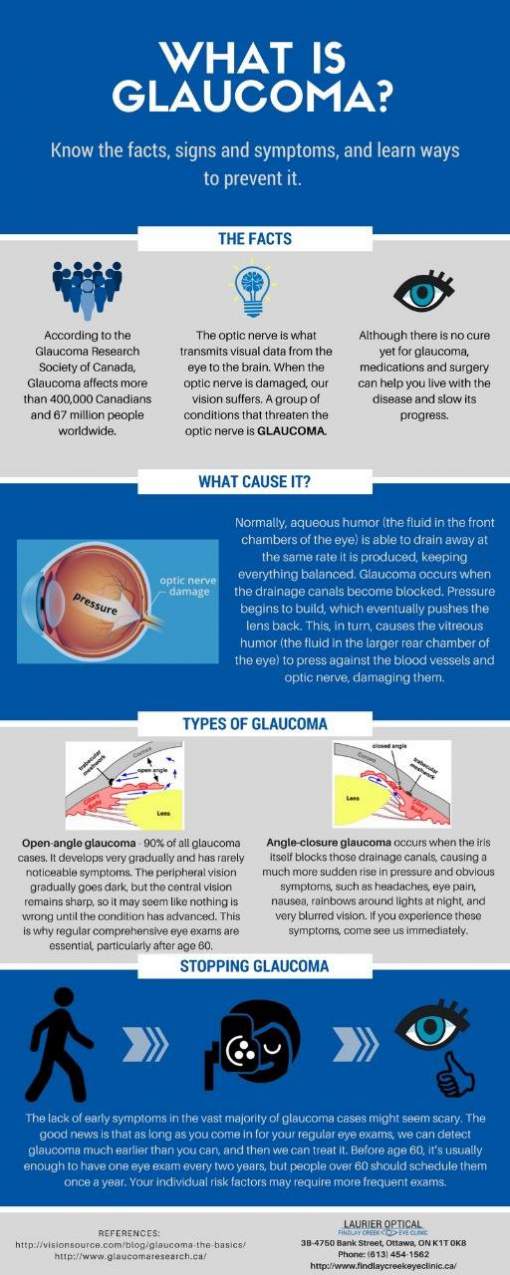The Full Frequently Asked Question On Refractive Lens Exchange: All The Details You Call For
The Full Frequently Asked Question On Refractive Lens Exchange: All The Details You Call For
Blog Article
Created By- Experienced LASIK Surgeon
If you're considering refractive lens exchange, you most likely have a lot of inquiries. This treatment might alter just how you see the globe, using benefits like decreased reliance on glasses. Nonetheless, it's important to understand the process, threats, and that certifies as a great candidate. Let's check out these critical facets so you can make an educated decision concerning whether RLE is right for you.
What Is Refractive Lens Exchange and How Does It Work?
Refractive lens exchange (RLE) is a surgical procedure designed to change your eye's natural lens with a synthetic one, correcting vision problems like nearsightedness, farsightedness, or presbyopia.
During the procedure, your surgeon makes a tiny cut in the eye, eliminates your all-natural lens, and inserts an intraocular lens (IOL) tailored to your vision requires. This outpatient surgical treatment commonly takes around 15 to half an hour per eye and is done under local anesthetic.
https://www.thatsmags.com/shanghai/post/32134/your-guide-to-getting-lasik-eye-surgery-in-china 'll likely observe renovations in your vision almost instantly, though complete recovery might take a couple of weeks. RLE is specifically helpful for those over 40 or with high prescriptions, providing a lasting option contrasted to glasses or call lenses.
Your eye care specialist can assist determine if RLE is right for you.
What Are the Perks and Dangers of Refractive Lens Exchange?
Selecting refractive lens exchange can lead to considerable renovations in your vision, however it is essential to consider both the advantages and dangers prior to deciding.
On the bonus side, this treatment can improve your sight by correcting issues like presbyopia, myopia, and hyperopia. Lots of people delight in lowered reliance on glasses or contact lenses, which can substantially boost their lifestyle.
However, it's crucial to take into consideration potential dangers. Complications can consist of infection, glare, or halos around lights.
There's also a possibility of overcorrection or undercorrection, which might require added procedures.
Who Is a Perfect Candidate for Refractive Lens Exchange?
If you're thinking about refractive lens exchange, it's important to know whether you fit the profile of a suitable candidate. Generally, you may be an excellent candidate if you're over 40, experience presbyopia, or have high levels of nearsightedness or farsightedness.
It's additionally essential that your vision is secure, implying your prescription hasn't changed significantly in the past year. If you have cataracts or other eye conditions, you might take advantage of this treatment as well.
Nonetheless, particular aspects, like unrestrained diabetes or autoimmune diseases, could invalidate you. To determine your candidacy, consult with an eye treatment specialist that can evaluate your particular circumstance and advise the most effective course of action customized to your requirements.
Conclusion
Finally, refractive lens exchange can be a transformative alternative for improving your vision, particularly if you're over 40 or have a high prescription. While the advantages are considerable, it's essential to evaluate the threats and seek advice from your eye treatment professional to identify if you're an optimal candidate. With the appropriate info and advice, you can make an informed decision and possibly appreciate a life with reduced reliance on glasses.
